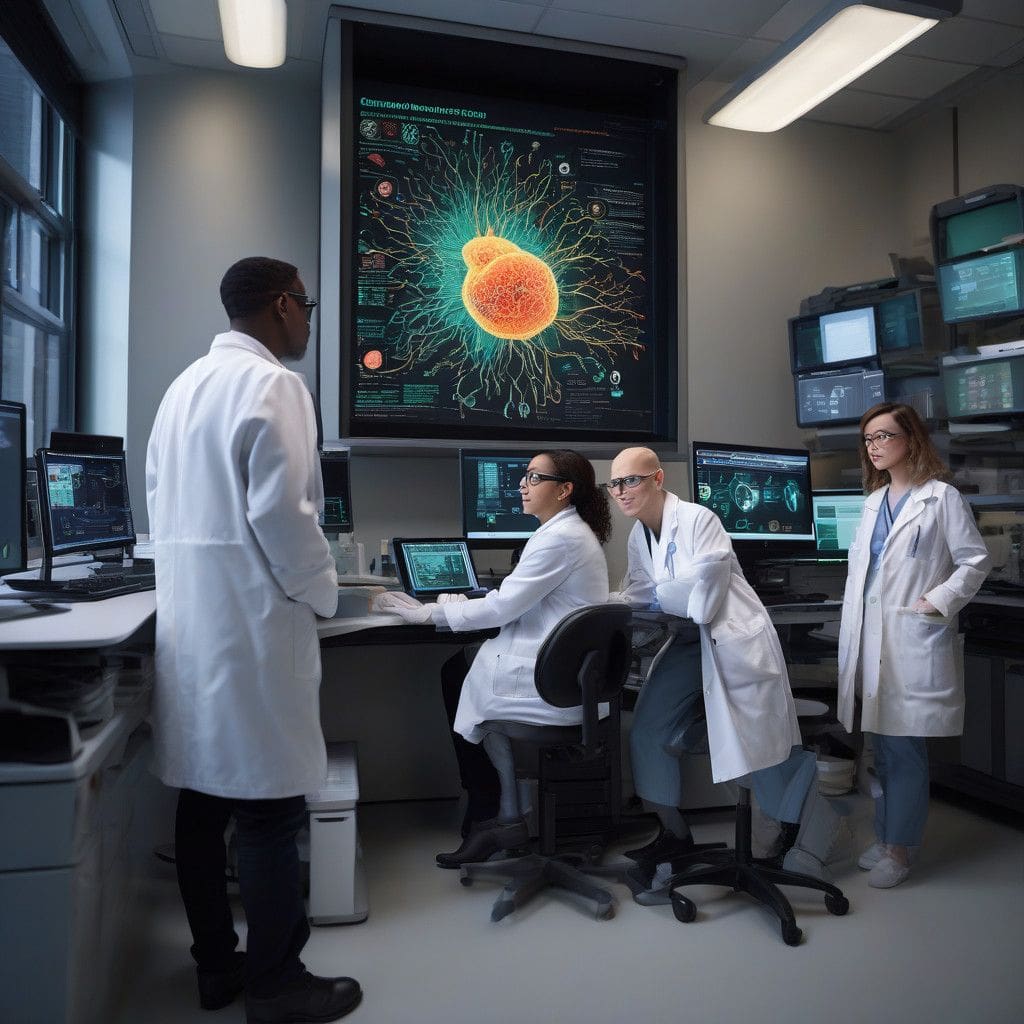The landscape of cancer research is on the brink of transformation, thanks to a groundbreaking project initiated by researchers at the University of Manchester and The Christie Cancer Hospital. With a substantial grant of £5.9 million from Cancer Research UK, the team is set to leverage artificial intelligence (AI) to simulate clinical trials. This innovative approach promises to not only enhance the efficiency of cancer treatment studies but also to pave the way for more personalized healthcare solutions.
At the core of this project is the development of virtual trials. Unlike traditional clinical trials, which often involve lengthy processes with real patients, virtual trials will utilize speculatively generated patients. These virtual subjects are created based on real-life patient data encompassing their specific genetics and tumor profiles. This methodology allows researchers to explore the effectiveness of new treatment options, specifically focusing on comparing a novel proton beam therapy to conventional radiotherapy for lung cancer.
One significant advantage of using AI in these virtual trials is the acceleration of testing processes. Traditional cancer trials can take years, sometimes even decades, before results are available. In contrast, AI-enabled simulations can rapidly analyze numerous variables to provide quicker insights into treatment efficacy. This not only saves time but also guarantees a more ethical and safer approach by reducing the number of patients exposed to potential risks during experimental treatment phases.
Manchester has been designated one of only seven centers of excellence in the UK dedicated to advancing radiotherapy research. This initiative aligns with wider efforts aimed at transforming cancer treatment and enhancing survival rates. Martin Storey, a patient advocate and lung cancer survivor, is optimistic about the impact of AI on future cancer treatments. Having personally benefited from radiotherapy in a clinical trial, Storey firmly believes that AI-driven approaches could significantly improve survival chances for future cancer patients.
Moreover, this project is emblematic of a larger trend within the health care system, where technology and data are increasingly becoming integral to patient care and treatment strategies. The use of AI in medical fields is steadily proving its potential by offering personalized treatment plans derived from extensive datasets, which could eventually lead to tailored therapies that cater to individual patient needs.
Furthermore, the financial backing from Cancer Research UK exemplifies the growing recognition of the importance of innovation in cancer treatment. As funding bodies increasingly direct resources toward research initiatives that incorporate technology, the potential for accelerated discoveries and advancements in treatment modalities increases markedly.
In conclusion, the integration of AI into cancer research, as showcased by this groundbreaking project in Manchester, not only represents a monumental shift in the methodology of clinical trials but also highlights the boundless possibilities that technology brings to the medical field. The anticipated outcomes from this initiative may very well set a new standard for how cancer treatments are developed and tested, ultimately leading to improved patient care and survival rates.












